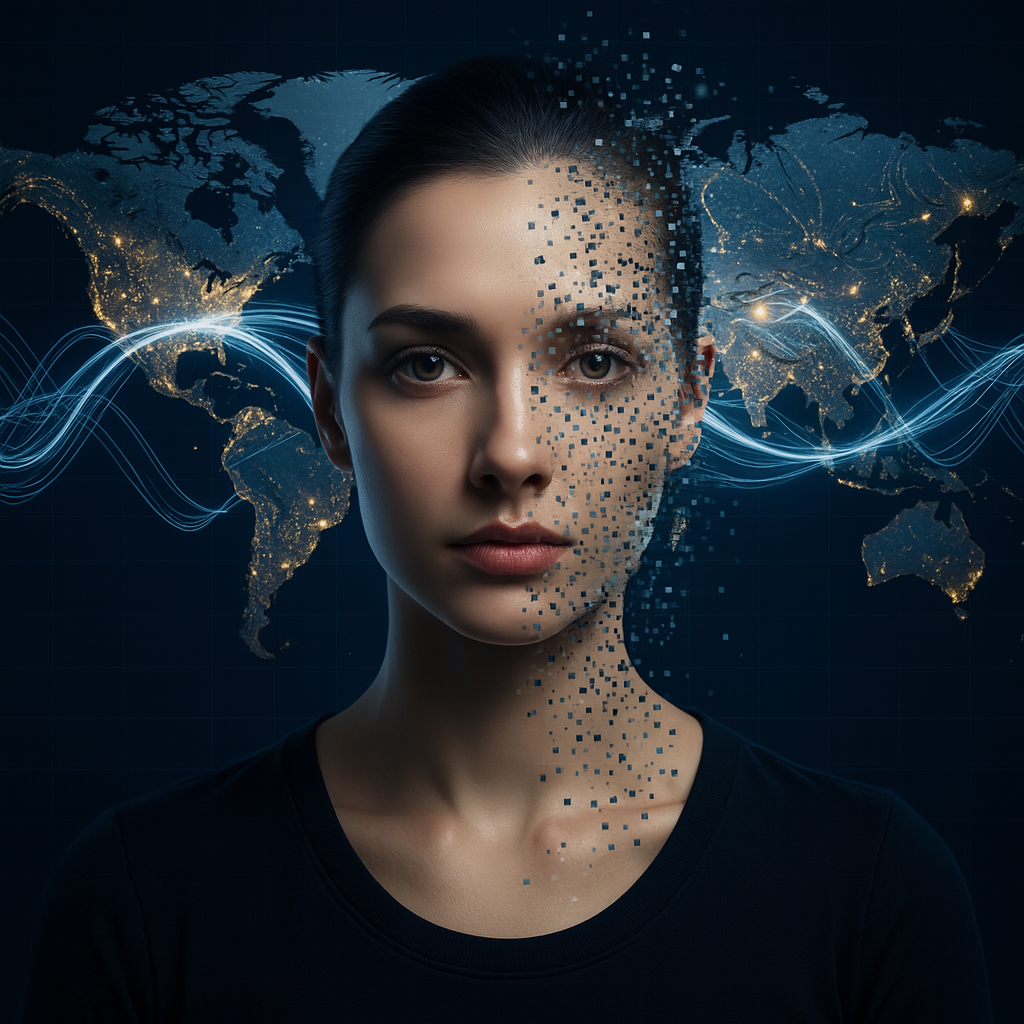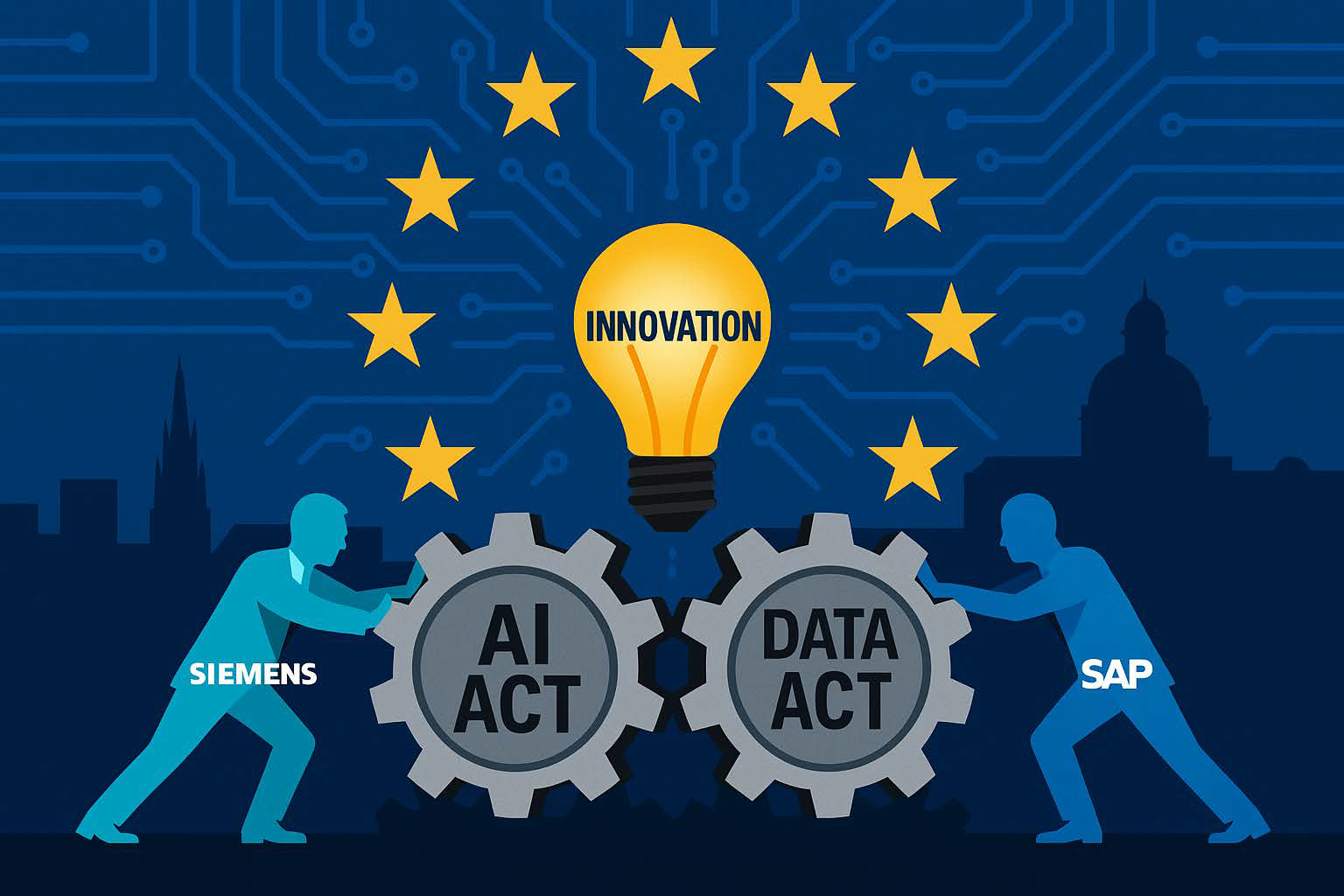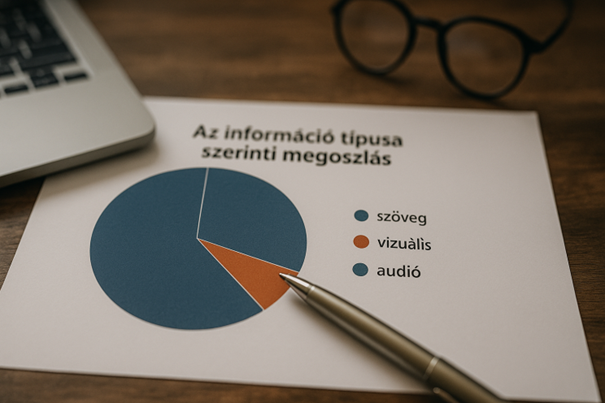
How AI Videos are changing our world – and how to defend against deepfakes
In 2024, the financial officer of Arup’s Hong Kong office transferred 25 million USD during a video conference where the “participants” were actually deepfake creations. This case illustrates how AI-generated videos have reached a new level—not only enabling visual content creation at unprecedented quality and speed but also opening the door to dangerous abuse. Below we summarize how the technology works, what risks it poses, and how we can defend against them.

EU AI Act: A Limit on Innovation?
Two German industrial and technology giants, Siemens and SAP, have voiced serious concerns about the European Union’s forthcoming Artificial Intelligence Act (AI Act). In a joint position paper, they warn that the current draft is overly restrictive and risks slowing innovation while putting European companies at a disadvantage in global competition.

Amount of Information Processed in One Day
By 2025, people are exposed to up to 100 GB of information daily, mostly through video, social media, and digital content. This far exceeds what previous generations consumed in a month, leading to serious challenges like attention overload and mental fatigue.
